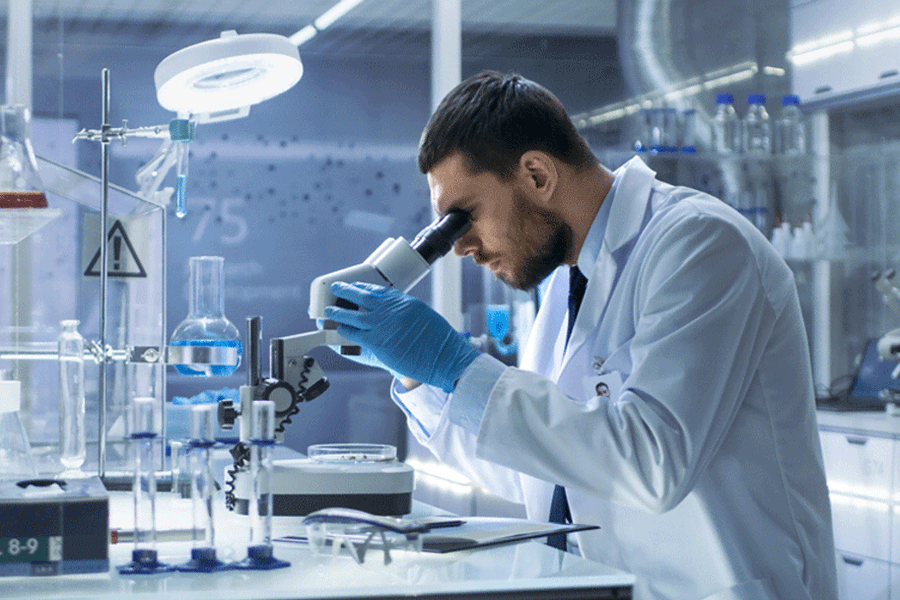Scientists have for the first time identified a universal set of some 20 microbes that decompose mammalian flesh in a study that has yielded fresh insights into one of Earth’s most fundamental biological processes.
Their study has suggested that decomposing human cadavers, regardless of the location, climate or season, draw the same set of microbes unique to terrestrial breakdown of animal organic matter but rare in non-decomposition environments.
The scientists monitored 36 human bodies that were donated to science and allowed to decompose in the open for 21 days in different seasons at three sites in the US. They found that the same microbes emerged like clockwork at specific points during the breakdown process.
“We see similar microbes arrive at similar times during decomposition, regardless of any number of outdoor variables (conditions) that you can think of,” Jessica Metcalf, associate professor at the Colorado State University in the US, who led the study, said in a media release.
The study appeared on Monday in the journal Nature Microbiology.











